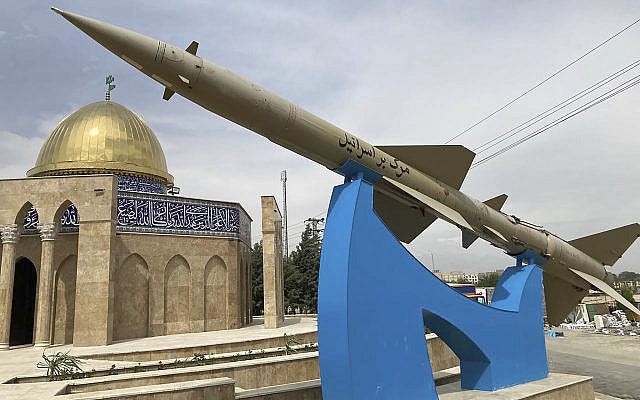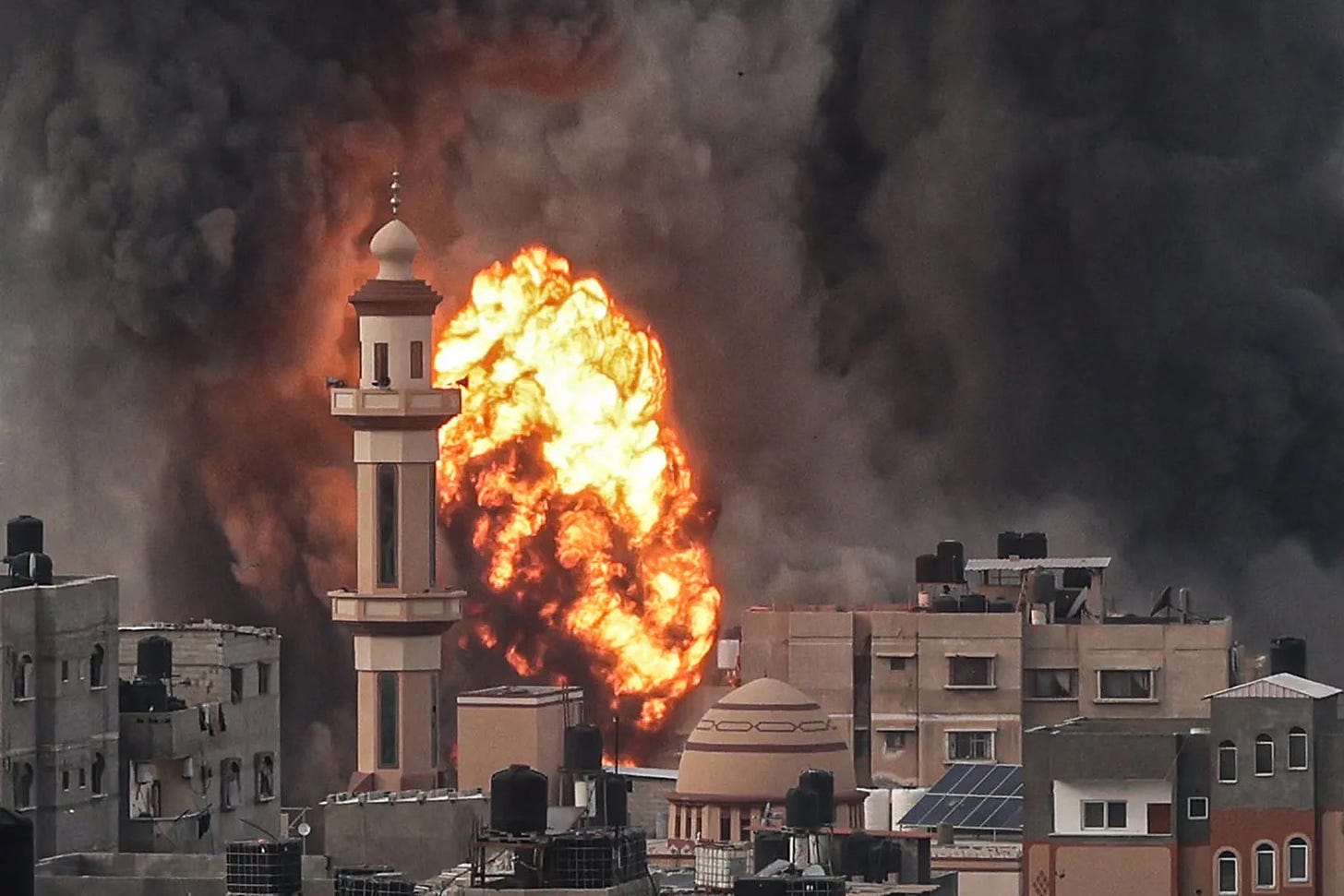Mahoney on China Pakistan Relations
Mahoney in SCMP on #china and #pakistan and the various challenges associated with Pakistani progress, #cpec security and other issues, which has led to periodic frustration in #beijing.
Featured contributor Prof.Josef Gregory Mahoney was interviewed by Tom Hussain for his new article in South China Morning Post #scmp on #china and #pakistan and the various challenges associated with Pakistani progress, #cpec security and other issues, which has led to periodic frustration in #beijing.
Full comments:
Pakistan has long played a double game between the US and China, and while this isn't a new source of tension, the broader problem is that Pakistan perpetually puts itself in the position of being an in-between state, always in a slippery position, one that favours its strategic interests in some respects while also accommodating a lack of firm resolve to deal effectively with entrenched issues, from rampant corruption to complicated relations with India and Afghanistan.
Neither Washington nor Beijing wants to abandon #islamabad, but both are regularly frustrated, and unlike some countries that play a double game with the US and China to find a strategic balance as well as opportunities for real growth and development, Pakistan seems to play this game as a means to perpetuate its systemic problems.
Since the US penetrated Central Asia to wage war in #afghanistan, which included building airbases in former Soviet republics that threatened everyone in the region, especially China. Energy, defense and power competition in Central Asia is consensus driven through groups like the #sco, projects like #bri, to see Central Asia become more secure and developed; thereby, protecting China's western flank and ensuring opportunities for mutual development. These efforts have been successful but the US is still seeking strategic access and #moscow isn't delighted with its moderated influence in the region. Throughout, China has viewed Pakistan as a essential partner but not a very reliable one, whether due to a lack of capacity or continuing to pursue narrower self-interests.Indeed, it was through Pakistan that the US reentered Central Asia after 9/11, and Bin Laden's safe harbour in Pakistan before his assassination by a US incursion has never been adequately explained.
A key concern for Pakistan is the changing strategic posture of Washington and Beijing towards #india. While America's courtship of New Delhi for so-called "Indo-Pacific" concepts that support anti-China containment efforts have been rather transparent, they haven't really delivered as Washington hoped. Conversely, while Sino-Indian relations have been more fraught, in fact the possibility of a grand bargain between them is perhaps much closer than many realise, above all because both countries realise they can grow together economically and through improved security arrangements. lf such developments materialise, as Islamabad fears they might, then ultimately that risks leaving Pakistan in an exposed position, one that can only be resolved by finally effectively addressing its own problems, which Beijing would certainly welcome and support.
https://www.scmp.com/author/tom-hussain
Washington’s wavering support for Israel
Sharp shifts in American policy cast doubt over whether the US will have Israel's back if it needs to preemptively strike Iran
By Michael Oren
With Iran and its proxies threatening to launch a massive attack against Israel, US Navy forces are steaming toward the Middle East. As on April 14, when US warships helped intercept dozens of Iranian missiles fired at Israel, the Americans are poised to help defend our skies. The question nevertheless remains whether the United States will stand squarely behind Israel, even if it decides to strike preemptively. In view of the fundamental changes in the Biden Administration’s policy toward the Middle East crisis over the past ten months, can Israel rely on a firm and consistent American stand? With our security so acutely endangered, can Israel depend on a stalwart United States?
The indications are by no means encouraging. US policy today is almost unrecognizable from what it was on October 7. In the immediate aftermath of the Hamas attack, President Biden and Secretary of State Antony Blinken offered Israel immediate and unlimited support to fulfill its twin goals of rescuing the hostages and destroying Hamas. Although both stressed the need for the IDF to act in accordance with international law and minimize civilian casualties, neither Biden nor Blinken suggested that US backing for Israel would be conditioned on the humanitarian situation in Gaza or the number of Palestinians killed. Biden in fact dismissed Hamas’s casualty figures as exaggerated and stressed the difficulties Israel faced in fighting an enemy hiding behind its own civilians.
Two months later, much of the initial American position had changed. Though the administration continued to veto anti-Israel resolutions in the Security Council, it began claiming that “too many Palestinians had been killed,” that Israel was bombing indiscriminately in Gaza, and that its reaction to the Hamas attacks was “over the top.”
President Biden went from impugning Hamas statistics to citing them repeatedly. Soon, the supply of American munitions to the IDF, formerly expedited, was delayed. Secretary Blinken declared that the goal of the war was not to destroy Hamas but to ensure that “October 7 can never happen again.”
The evolution in the administration’s position was certainly influenced by the media, which went from initially focusing on Israeli suffering to 24/7 coverage of the humanitarian disaster in Gaza. The war suddenly became a contentious issue in the presidential elections. But the White House had also concluded that Israel’s objective of destroying Hamas was unrealistic. Increasingly vilified by progressives for enabling the alleged massacre of Palestinians, the president was paying what many in his administration believed was a prohibitive political price for an unwinnable war. Reports began circulating that, in the absence of an Israeli “day after” plan, the US would seek a post-war administration for Gaza that included technocratic elements of Hamas.
Recent weeks have seen yet another major shift in American policy. No longer seeking the destruction of Hamas or even guaranteeing that it will never be able to launch another October 7, the White House wants to secure the release of the hostages and put an end to the war. These goals are to be achieved at almost any price, including Hamas’s survival and Israel’s forfeiture of control over the Philadelphi route between Egypt and Gaza. As such, the administration viewed the assassination of Hamas political chief Ismail Haniyeh as a setback. Asked by a reporter whether Haniyeh’s death harmed efforts to achieve a hostage deal, US President Biden curtly replied, “It certainly didn’t help.”
Biden’s position on the hostage and ceasefire package is acceptable to a growing number of Israelis. Nevertheless, it too represents a departure from previous American policy. Moreover, it still stands at odds with the Israeli government’s longstanding determination to prevent Hamas from once again smuggling arms from Egypt into Gaza and to eliminate the terrorists as a political and military force.
In the north, too, American policy has changed. Back in October, Biden used his famous one-word warning “Don’t” to Hezbollah and Iran. Should either try to take advantage of the war in the south, the president suggested, they would elicit powerful American opposition. Both subsequently ignored that warning – Hezbollah by launching 7,000 rockets and drones at the Golan and Upper Galilee and Iran by firing 350 projectiles at Israel last April 14. The aircraft carriers originally dispatched to the area to emphasize Biden’s “Don’t” were withdrawn.
Today, that same “Don’t” seems less directed at Iran than at Israel. Though some 100,000 Israelis have been displaced by Hezbollah rocket fire and thousands more subjected to almost daily barrages, Biden administration officials keep urging Israel to show restraint. Instead of welcoming the elimination of Haniyeh and senior Hezbollah commander Fuad Shukr, mass murderers both, the White House expressed fear that their deaths would ignite a regional war into which the United States could be dragged. “Back-to-back assassinations,” headlined the New York Times, “scramble Biden’s hopes for peace.”
Such fluctuations in US policy are hardly new. Between 2010 and 2015, America’s position went from “a bad nuclear deal with Iran is worse than no deal” to “any deal, no matter how bad, is better than no deal.” Still, never in such a short period and under such pressing circumstances has American policy changed so fundamentally and radically. And never has an Israeli government been less equipped to adapt to those changes successfully.
Now, with war looming, Israel must determine to what degree America will have our back. We must know the extent to which the United States will help defend us irrespective of whether we retaliate against Iranian aggression or strike Iran preemptively. Needed now is the clear and consistent US policy often lacking in the last ten months. For all its dangers, the present crisis offers a unique opportunity to deter Iran and strengthen the regional alliance against it. America, too, can emerge with its reputation as a reliable ally and formidable superpower restored. By staying the course and acting in effective concert against Iran, the US and Israel can change the course of Middle East history.







